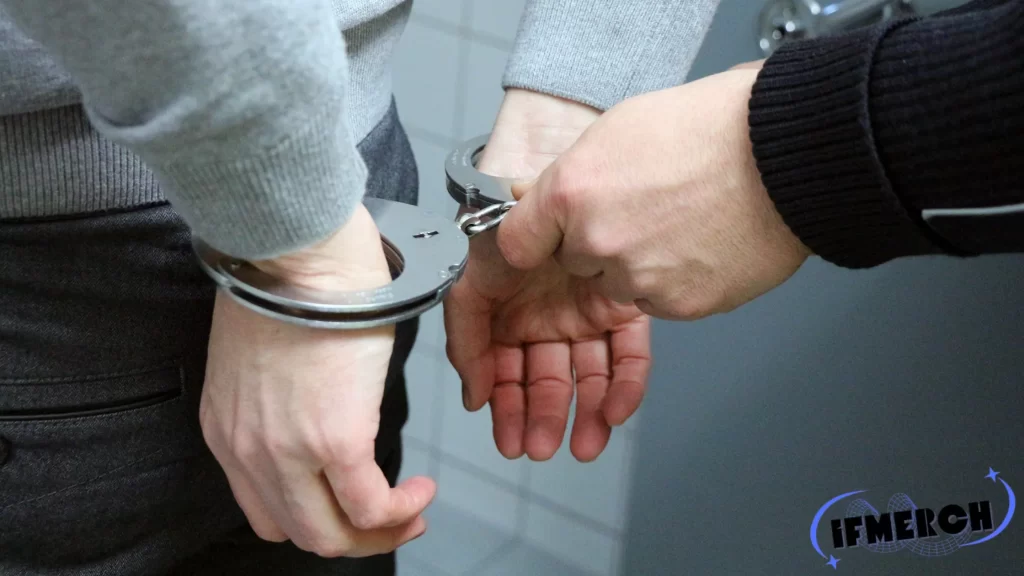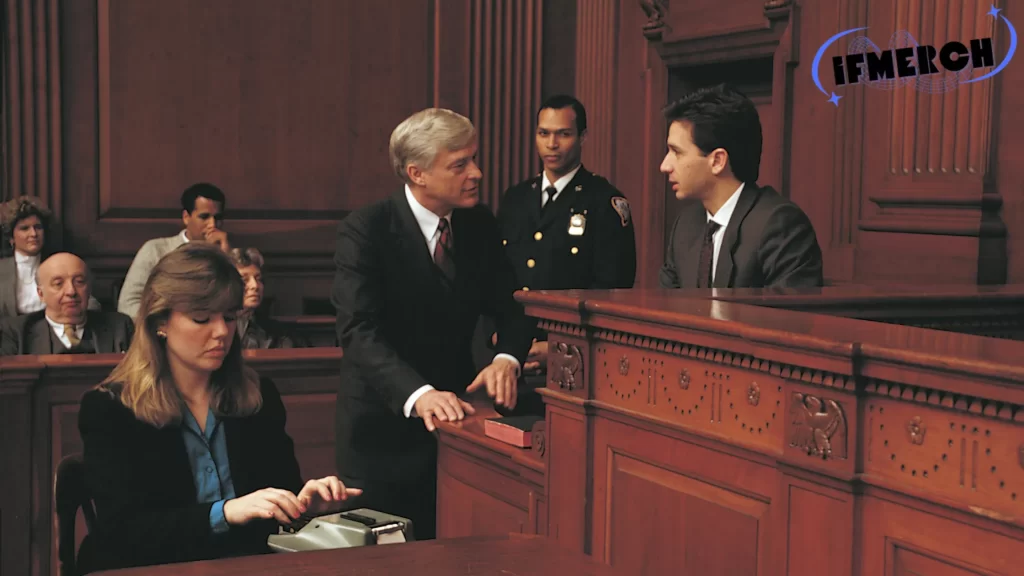Table of Contents
If you or someone you care about faces an arraignment, the question is, “Can you go to jail at an arraignment?” Understanding what happens during the arraignment hearing is crucial. This is often your first formal court appearance in a criminal law case, and it’s important to be prepared. This article will explain everything you need to know clearly.
Arraignment Definition: What Is an Arraignment?

An arraignment is the first step in the formal criminal process when someone is charged with a crime. It’s where the defendant is officially informed of the criminal charges against them. The judge will read these charges, and the defendant must enter a plea of not guilty, guilty, or no contest. The arraignment hearing can be intimidating, but knowing what happens during this legal proceeding can help reduce anxiety.
Do You Need a Lawyer at an Arraignment?
Yes, it would help if you had legal advice from a criminal defense attorney. Even though the arraignment is just the beginning of criminal proceedings, having an experienced criminal defense lawyer by your side is critical. This is especially important when thinking, “Can you go to jail at an arraignment?” The right legal help can make all the difference in how your case proceeds.
What Happens at an Arraignment?
At an arraignment, several things happen. First, the defendant is formally told the charges, such as a felony or misdemeanor. The criminal court judge ensures the defendant understands these charges. The court then decides on bail. The bail amount can vary depending on the seriousness of the offense, whether it’s a felony or misdemeanor.
If the accused cannot pay the bail amount, they may face possible jail time until their next court date. For a defendant charged with a felony, the situation is often more severe. The court prosecutor may argue for higher bail or even detention if the defendant is considered a flight risk.
Also Read: Can You Go to Jail at an Arraignment? Critical Facts!
Bail and Jail: How the Decision is Made

A critical part of any arraignment is the bail decision. Bail is money paid to the court to ensure the defendant returns for future court dates. If the court sets a low bail amount, the defendant may avoid jail, but they might face incarceration if they cannot pay. Due to the seriousness of the felony case, bail is often set higher than in misdemeanor arraignments. The state prosecutor may argue for detention if they believe the accused person is dangerous to the community.
If the defendant cannot pay, they could be held in jail. This raises the question, “Can you go to jail at an arraignment?” Yes, you can, especially if the court orders bail and you cannot pay.
Plea Options and Jail Time
At an arraignment, the defendant must enter a plea, significantly impacting whether or not they face jail time. Here are the common plea options:
- Guilty Plea: A guilty plea might result in immediate sentencing. For serious offenses, such as felony charges, this could mean incarceration.
- Not Guilty Plea: The criminal case moves to trial if the defendant enters a not guilty plea. Whether the accused person goes to jail will depend on the court’s bail decision.
- No Contest Plea: A no-contest plea doesn’t admit guilt, but the defendant doesn’t fight the charges. It can lead to similar outcomes as pleading guilty, which might include incarceration.
Also Read: Texas Tech Message Board: Unveil Secrets Fans Can’t Resist
Can You Go to Jail at an Arraignment for a Misdemeanor?
For minor offenses like a misdemeanor, the likelihood of going to jail at an arraignment is lower. District courts often release people accused of misdemeanors on their recognizance, meaning they promise to return for future court dates without paying bail. However, if the court believes the accused person might flee or not return for trial, they could face detention if they cannot pay the bail amount.
Factors That Can Lead to Jail at an Arraignment
Several factors can lead to jail at an arraignment:
- Seriousness of the Charges: A felony or severe misdemeanor charge increases the chances of jail at an arraignment.
- Criminal History: A defendant with a record may be considered a higher risk, increasing the chance of incarceration.
- Risk of Flight: If the courts believe the defendant may flee, the court prosecutor might argue for detention without bail.
- Community Safety: The defendant may be jailed until trial for offenses that endanger public safety.
Probation, Misdemeanor Charges, and Jail Time
If a defendant is already on probation and faces new charges, the court may order incarceration, especially if the new arrest involves serious felony charges. Probationers who violate their terms face potential jail time, even if the new offense is a misdemeanor. For probation violations, defendants may also receive a probationary sentence, requiring them to follow strict court conditions.
Preparing for Your Arraignment
Before your arraignment, getting legal advice from a criminal defense lawyer is important. They can help you understand the criminal charges, prepare for your bail hearing, and advise on the best plea deal. Whether you’re facing misdemeanor charges or felony charges, having an experienced criminal defense lawyer is critical.
Also Read: Can You Look Up Divorce Records? Discover Shocking Secrets Now
What to Expect at Future Court Dates
Depending on the complexity of the case, multiple arraignment dates or future court dates may be scheduled after the arraignment. For defendants who plead not guilty, the criminal process continues with trials and potential punishments, including fines, probation, or prison time.



